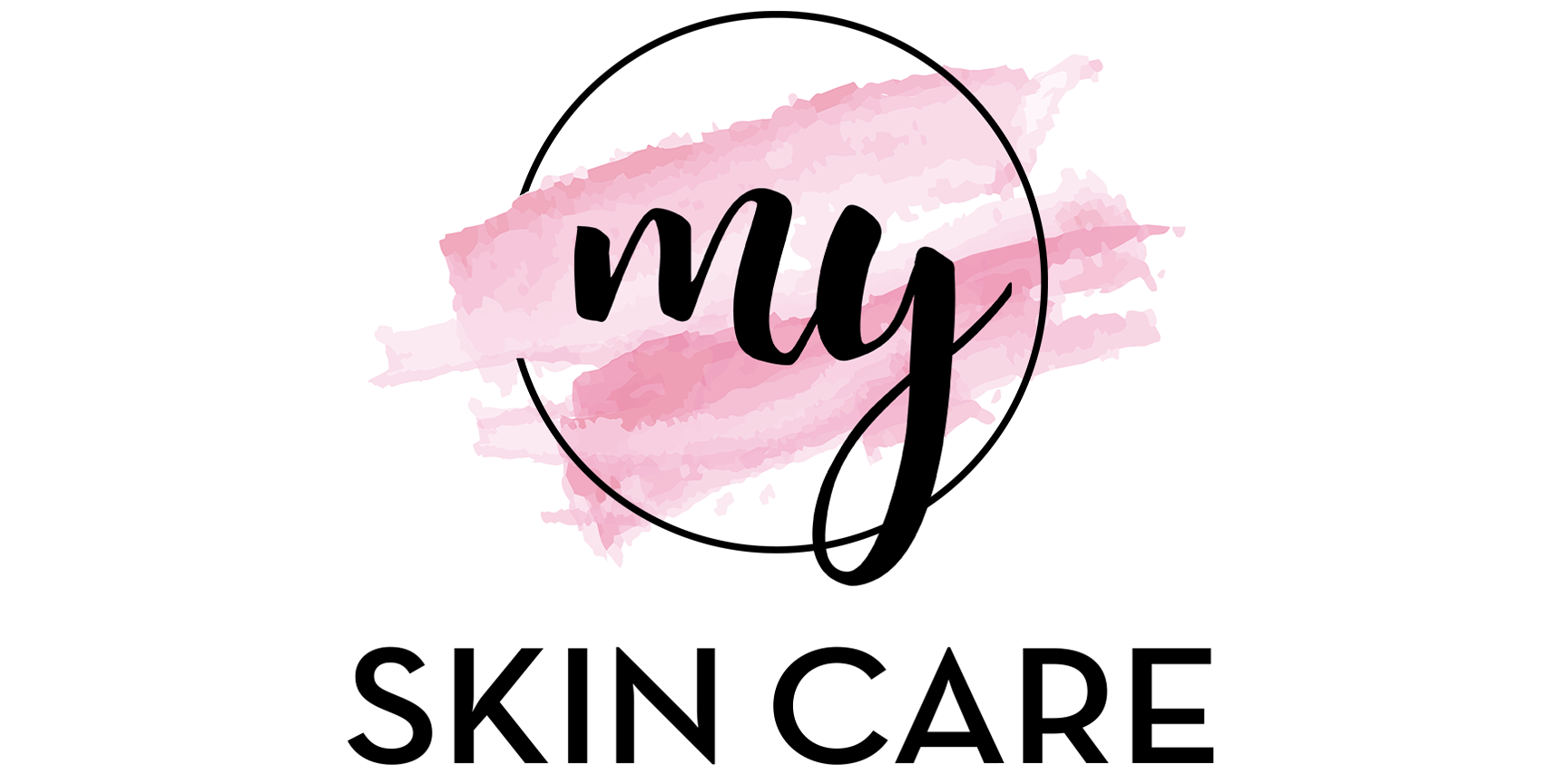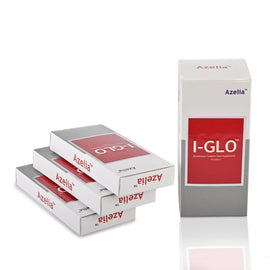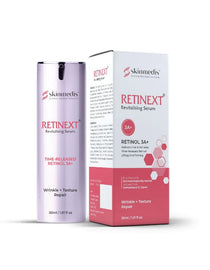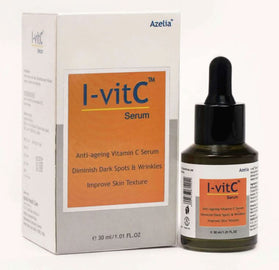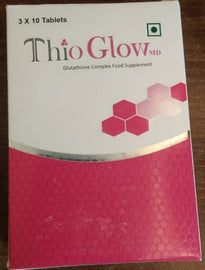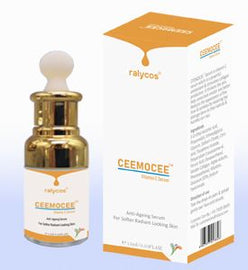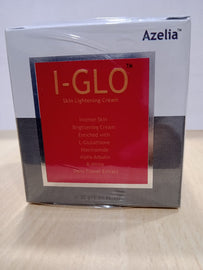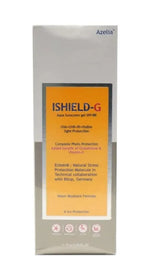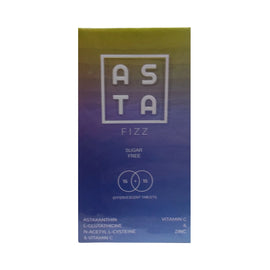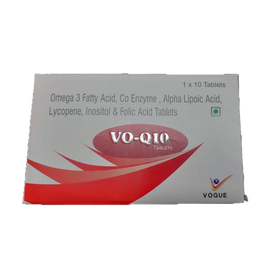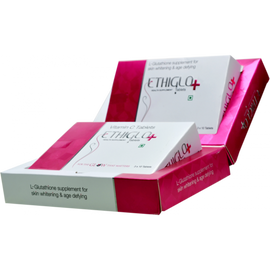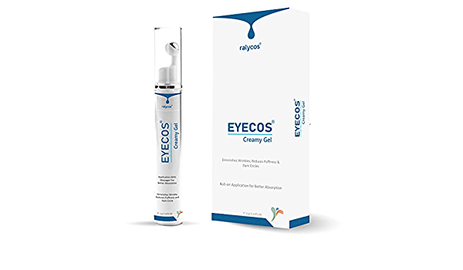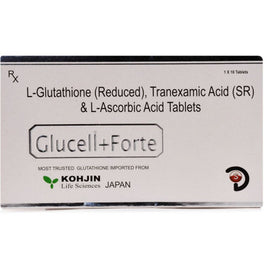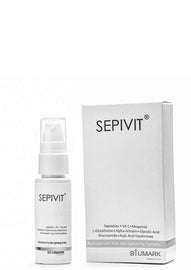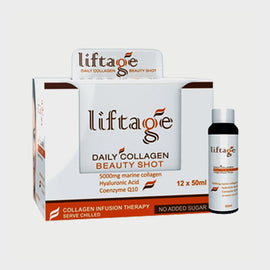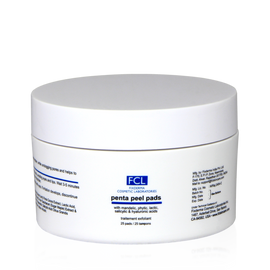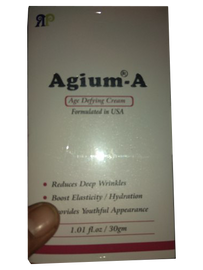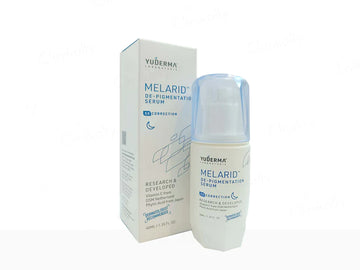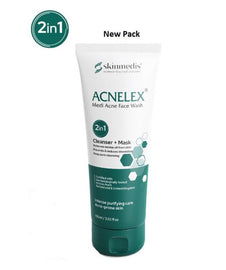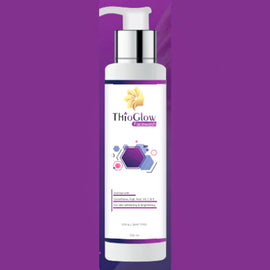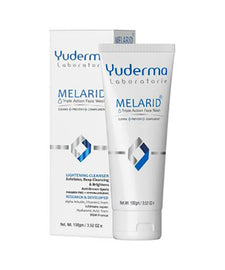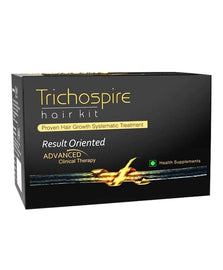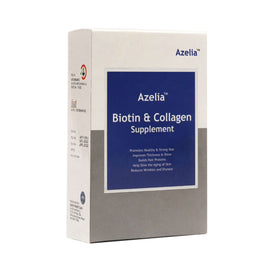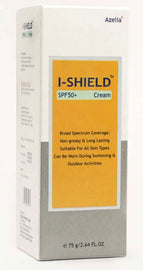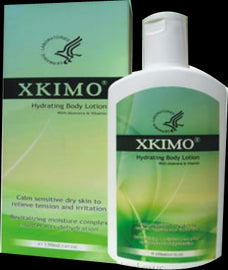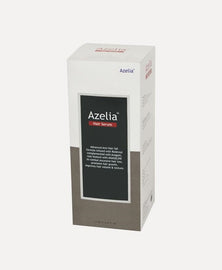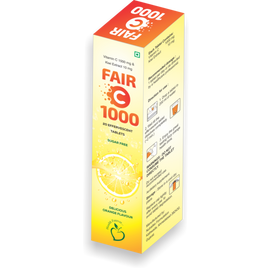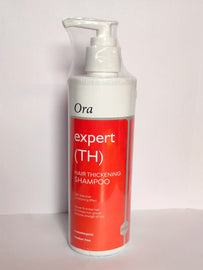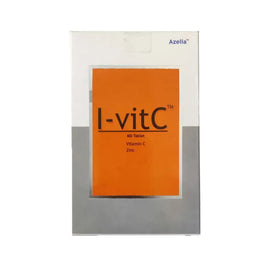Gudpres-AM 50 Tablet PR contains two medicines, both of which help to control high blood pressure and heart rate. It is also used for heart-related chest pain, abnormal heart rhythms and chronic (long-term) heart failure.
You can take Gudpres-AM 50 Tablet PR at any time of day, with or without food, but it is best to take it at the same time each day. Keep taking it for as long as advised by your doctor. Even if you feel well, do not stop this medicine on your own because high blood pressure often has no symptoms. If you stop taking it, your condition may get worse. Keeping active with regular exercise, reducing your weight and eating a healthy diet will also help control your blood pressure. Follow your doctor’s advice while taking this medicine.
It may cause side effects like headache, ankle swelling, slow heart rate, and nausea. It may also cause dizziness, so do not drive or do anything that requires mental focus until you know how this medicine affects you. This might raise the level of potassium in the blood, hence avoid potassium rich food or supplements. You may be asked for regular monitoring of blood pressure, kidney function, and electrolytes level while on the treatment.
Before taking it, let your doctor know if you have any liver or kidney problems. Pregnant or breastfeeding women should also consult their doctor for advice before taking this medicine. You also need to tell your doctor what other medicines you are taking especially those used to treat high blood pressure or heart conditions.
USES OF GUDPRES-AM TABLET PR
Hypertension (high blood pressure)
SIDE EFFECTS OF GUDPRES-AM TABLET PR
Common
Depression
Itching
Nausea
Rash
Shortness of breath
Slow heart rate
Tiredness
Abdominal pain
Decreased blood pressure
Diarrhea
Dizziness
Fatigue
Sleepiness
HOW TO COPE WITH SIDE EFFECTS?
The occurrence of side effects varies from person to person. The following are a few ways of dealing with some of the common side effects. However, consult your doctor if these persist.
Coping with Depression
It is important to talk to your doctor if you think you may be depressed. The sooner you do this, the sooner you can recover. Treatment for depression can involve a combination of lifestyle changes, talking therapies (such as counseling and cognitive behavioral therapy) and medicines (antidepressants). There are many things you can do for yourself if your depression is not too severe. Exercise is an extremely effective treatment for depression, so make sure you keep as active as possible. It can really lift your mood. A healthy diet can also make a big difference to your mood (as well as improving your physical health). Mindfulness is a technique that many people find helpful. It may be tempting to smoke or drink alcohol, but both will make things worse in the long run. Try talking to a friend or family member even if you do not feel comfortable doing this. Get into a routine with regular sleep patterns and meals. If you have thoughts of self-harm or suicide, contact your doctor immediately.
Coping with Nausea
You can help yourself by eating small, frequent meals rather than large ones and drinking plenty of fluids. Eat slowly. Avoid fatty, fried, spicy and very sweet foods. Eat cold or slightly warm food if the smell of cooked or cooking food makes you feel sick. Get plenty of fresh air. You could also try chewing ginger or drinking ginger tea. Eat bananas to replace potassium in your blood which can drop if you are sick (vomit). Use oral rehydration salts to replace vitamins and minerals lost through being sick. There are some medicines that can help you stop from feeling sick. Speak to your doctor if your condition does not improve.
Coping with Rash
There are many treatments for a wide range of skin problems. Avoid hot showers or baths because hot water can irritate the skin. Make sure to pat dry your skin after a bath or shower. Do not rub or scratch the affected area. Leave the skin exposed to the air as much as possible. Do not use perfumed soaps or deodorants. Water containing chlorine can make most skin problems worse, so avoid swimming. Avoid spicy foods, alcohol, tobacco smoke and caffeine as it may also make itching worse. Avoid excessive sun exposure. Always use sunscreen and protective clothing when outdoors. Moisturizers can be used regularly to soothe and hydrate the affected area. If it does not get better within a week, speak to a pharmacist or doctor.
Coping with Slow heart rate
Splash your face with cold water and breathe deeply. This will help you to relax. Exercise regularly, eat a healthy diet and maintain a healthy weight. Manage your blood pressure, cholesterol and blood sugar levels. Limit your alcohol intake or drink in moderation, do not smoke and manage your stress levels. If your condition does not improve, speak to your doctor as you may be offered a different type of medicine.
Coping with Tiredness
Make sure you rest and drink plenty of fluids. Eat a well-balanced diet to keep your energy levels up. Do not drink too much alcohol. Do not drive or use tools or machinery until you feel better. Other things that can help include doing some gentle exercise every day, prioritizing and pacing your activities and having a short nap if you need to. If you are still having problems after a week, speak to your doctor, as they may want to change you to a different type of medicine.
Coping with Abdominal pain
In most cases, this is mild enough to be treated at home. Try to rest and relax. Putting a heat pad or covered hot water bottle on your stomach may also help. Having a warm bath or shower can help you relax and relieve the pain. Drink plenty of clear fluids such as water and reduce your intake of coffee, tea, lemon juice or soda. Avoid alcohol and smoking as these can aggravate the pain. Eating slowly and having smaller and more frequent meals can also help. If the pain is severe, speak to your doctor. They may be able to guide you better.
Coping with Decreased blood pressure
Get up slowly from a sitting or lying position. Try to avoid changing positions suddenly even in general. Try crossing your legs when you are sitting and wearing compression stockings. Drink plenty of water and try eating smaller, more frequent meals. Although salt is not good for everyone (and bad for some people), if you have low blood pressure increasing your intake of salt (sodium) can raise your blood pressure. Cut down the amount of alcohol you drink. If your blood pressure becomes very low, you should talk to your doctor.
Coping with Diarrhea
Keep up your intake of fluids and electrolytes (sugars and salts) to avoid getting dehydrated. Eat less fiber (avoid raw fruits, fruit juice and vegetables). Talk to your doctor about possible medication to manage diarrhea. Ask about reducing the dosage of your drug or other suitable treatments.
Coping with Dizziness
This is usually short-lived and should go away within a few days. If this happens, stop what you are doing and sit or lie down until you feel better. Lying still in a dark, quiet room may help reduce the spinning feeling. Sleep with your head slightly raised on two or more pillows. Get up slowly from a lying or sitting position. Get plenty of rest and try to relax as being anxious can make it worse. Try taking this medicine at bedtime to reduce the symptoms. Drinking plenty of water and ginger tea may also help. Avoid alcohol, caffeine and smoking as it will make you feel worse. Avoid driving or using tools or machinery until you feel better.
Coping with Sleepiness
If the medicine is making you drowsy during the day, stop what you are doing and sit or lie down until you feel better. You can also consider taking a nap. Physical exercises such as walking may be helpful. Do not drink alcohol, as it will make you feel more tired. Avoid driving or operating heavy equipment when you are feeling drowsy. This problem usually goes away as your body gets used to the medicine. However, if it does not, ask your doctor if you can take your medicine at bedtime or whether the dose can be reduced.
HOW TO USE GUDPRES-AM TABLET PR
Use it as advised by your doctor or check the label for directions before use. Gudpres-AM 50 Tablet PR may be taken with or without food, but it is better to take it at a fixed time.
HOW GUDPRES-AM TABLET PR WORKS
Gudpres-AM 50 Tablet PR is a combination of two medicines: Amlodipine and Metoprolol, which lowers blood pressure effectively. Amlodipine is a calcium channel blocker which works by relaxing blood vessels while metoprolol is a beta blocker that works specifically on the heart to slow down the heart rate. Together, they make the heart more efficient at pumping blood throughout the body.
SAFETY ADVICE
warnings
Alcohol
UNSAFE
It is unsafe to consume alcohol with Gudpres-AM 50 Tablet PR.
warnings
Pregnancy
CONSULT YOUR DOCTOR
Gudpres-AM 50 Tablet PR may be unsafe to use during pregnancy. Although there are limited studies in humans, animal studies have shown harmful effects on the developing baby. Your doctor will weigh the benefits and any potential risks before prescribing it to you. Please consult your doctor.
warnings
Breastfeeding
SAFE IF PRESCRIBED
Gudpres-AM 50 Tablet PR is probably safe to use during breastfeeding. Limited human data suggests that the drug does not represent any significant risk to the baby.
warnings
Driving
UNSAFE
Gudpres-AM 50 Tablet PR may cause side effects which could affect your ability to drive.
Gudpres-AM 50 Tablet PR may cause side effects such as dizziness, headaches, nausea or tiredness, all of which could affect your ability to concentrate and drive.
warnings
Kidney
SAFE IF PRESCRIBED
Gudpres-AM 50 Tablet PR is safe to use in patients with kidney disease. No dose adjustment of Gudpres-AM 50 Tablet PR is recommended.
warnings
Liver
CAUTION
Gudpres-AM 50 Tablet PR should be used with caution in patients with liver disease. Dose adjustment of Gudpres-AM 50 Tablet PR may be needed. Please consult your doctor.

